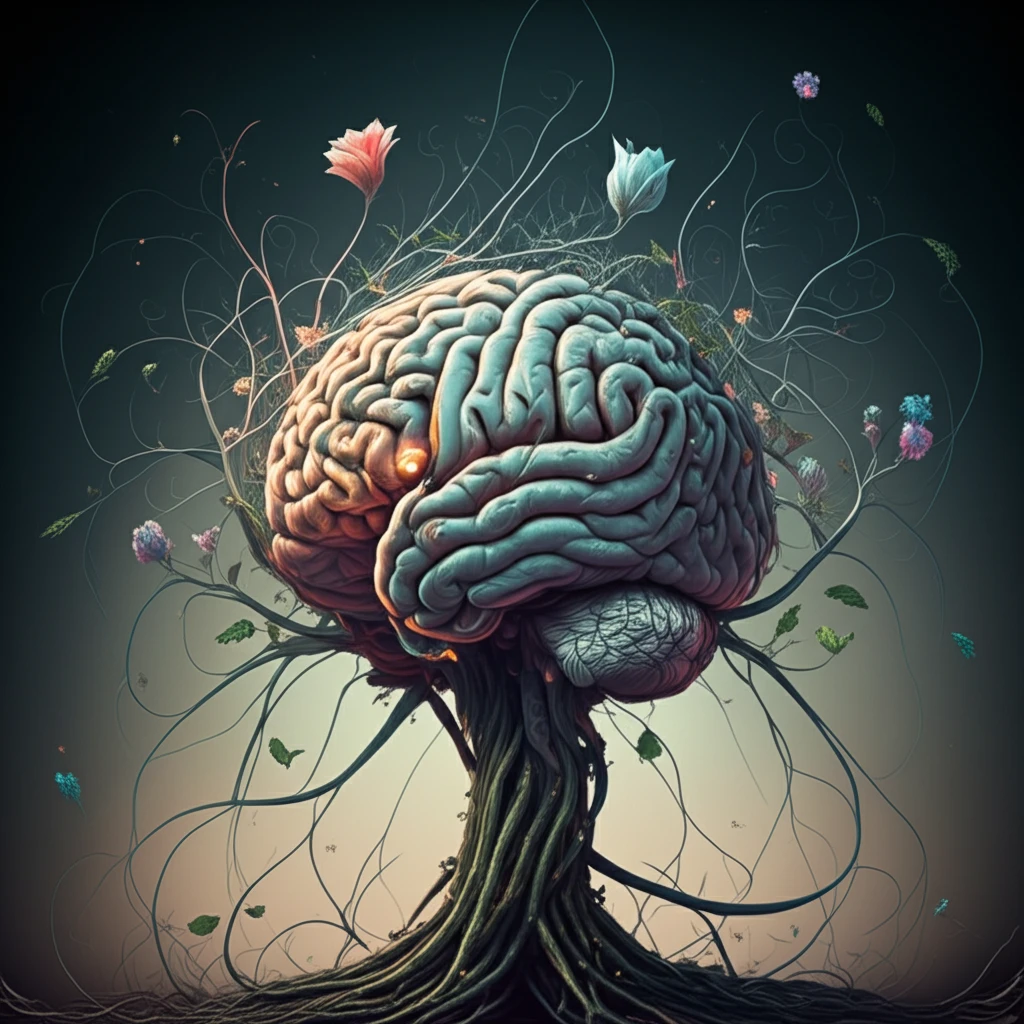
Unlocking the Power of Placebos: How Your Mind Can Heal You
"Discover the surprising science behind placebo effects and how harnessing your expectations can lead to real health benefits."
Have you ever felt better after taking a sugar pill or undergoing a sham treatment? This isn't just wishful thinking. It's the placebo effect at work, a powerful phenomenon where your mind can trigger real physiological changes, leading to improved health outcomes. For years, placebos were dismissed as mere psychological quirks. However, cutting-edge research is now revealing the intricate neurobiological mechanisms that underlie their effectiveness.
Clinical trials for conditions like post-traumatic stress disorder (PTSD) have shown surprisingly high placebo response rates, ranging from 19% to 62%. This highlights the need to understand not just whether a treatment works, but how much of its effect is driven by the patient's expectations and the therapeutic context itself.
The placebo effect isn't about tricking the patient. It's about tapping into the body's innate healing capabilities. It involves a complex interplay of expectations, therapeutic rituals, and neurobiological processes that can influence everything from pain management to motor function. This article explores the groundbreaking science behind placebos, revealing how they work and what they mean for the future of medicine.
The Neuroscience of Hope: How Placebos Activate Your Brain's Healing Power

The modern understanding of placebos goes far beyond simple suggestion. Neuroimaging studies have revealed that placebos can activate the same biochemical pathways as actual medications. This means that your brain can release natural painkillers, anti-inflammatories, and even dopamine simply because you believe a treatment will work. Fabrizio Benedetti and his team highlights that humans possess endogenous systems activated by positive expectations, therapeutic rituals, and social interactions, underlining the evolutionary advantage of these responses.
- Endogenous Opioids and Cannabinoids: Placebos can trigger the release of these natural pain relievers, providing relief similar to that of opioid medications but without the risk of addiction.
- Dopamine Release: In conditions like Parkinson's disease, placebos can stimulate the release of dopamine, a neurotransmitter crucial for motor control. This can lead to improvements in movement and coordination.
- Cyclooxygenase Pathway: Recent studies suggest that placebos can even affect enzymatic activity, influencing the cyclooxygenase pathway, which is involved in inflammation and pain.
The Future of Healing: Integrating Placebo Effects into Modern Medicine
The growing body of evidence supporting the placebo effect has significant implications for medical practice and clinical trials. By understanding the psychological and neurobiological mechanisms involved, healthcare professionals can create more effective and patient-centered treatment approaches. This includes fostering a positive therapeutic environment, building trust and rapport with patients, and managing expectations to maximize the body's natural healing abilities. Further research is needed, particularly in neuropsychiatric disorders like PTSD, to fully understand the potential of placebo effects and integrate them into modern medicine.
